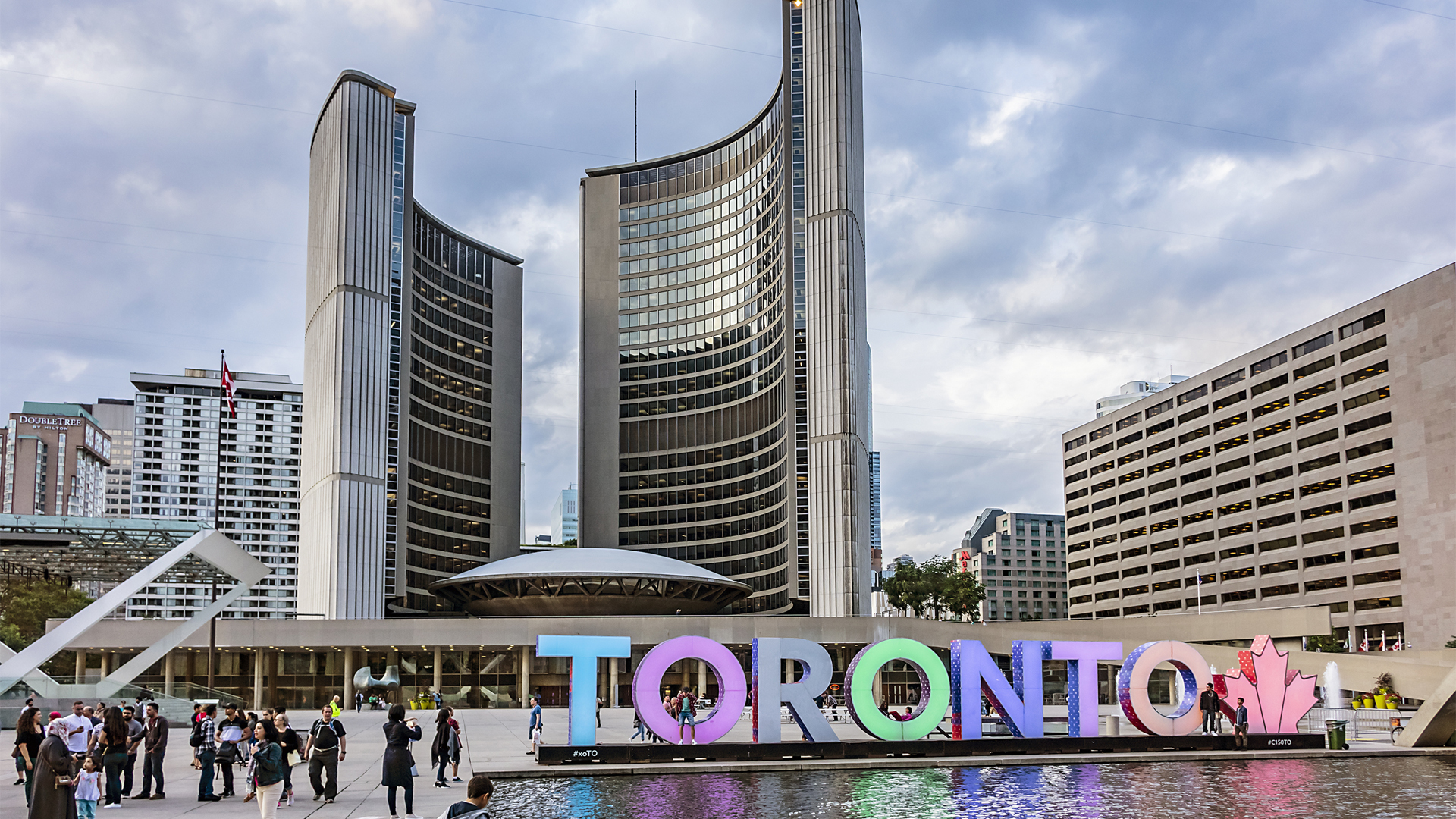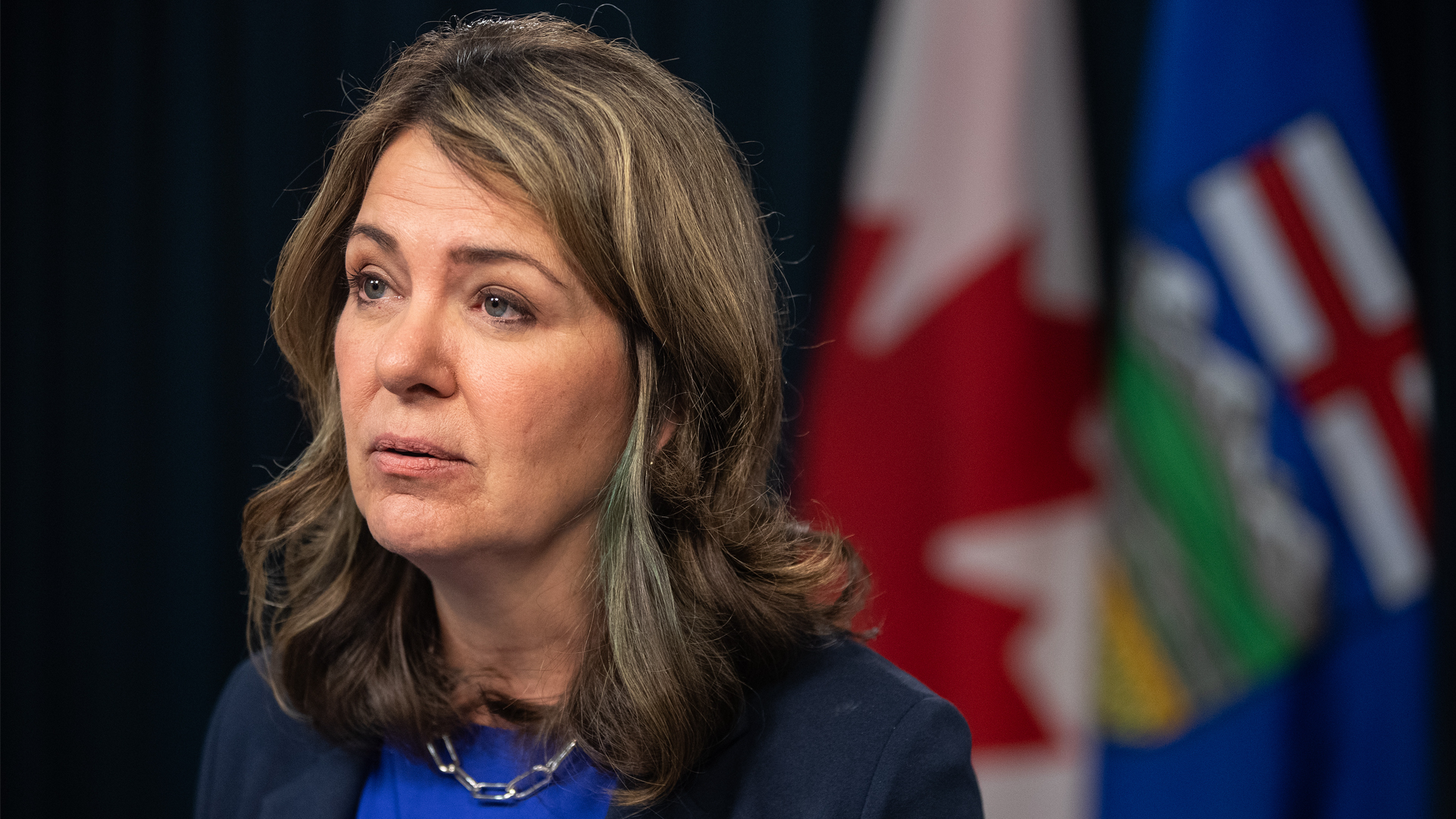
Policy-makers at every order of government are winding their way through a labyrinth of challenges – COVID-19, income inequality, government spending and taxation, climate change, public infrastructure, among other things – on the public’s behalf. But how does policy-making work and who makes the decisions at city hall?
We looked at the policy-making process at the city of Toronto from a quantitative perspective. Rather than deferring to media commentators’ “hot takes” or well-intentioned but generally ignored academic papers, we counted the votes. We determined that, for the most part, the decisions being made at city hall lack substantive public debate and instead defer to the knowledge and insight of non-elected civil servants to guide them in their decision-making. This suggests that the power centre at city hall is not the elected officials, but the civil service.
We looked at more than 900 council decisions beginning in December 2018 (after the last election) through to March 2020, when COVID-19 disrupted everything. We’re hopeful that a more data-driven approach will complement other investigations into government decision-making inside and outside Toronto, and perhaps spark more curiosity among decision-makers themselves. Public policy is the output of democracy and so the processes that produce those policies warrant careful and varied examination.
Policy-making in theory
Before looking at the data, it is useful to provide a brief overview of the policy-makers in municipal governments in Ontario, to see how things are supposed to work.
Compared with provincial and federal governments, municipal governments are less centralized and more transparent. A ward-based system without political parties means that councillors focus relatively more on local interests than provincial and federal parliamentarians. This is a feature, not a bug, of Ontario’s municipal system, which is designed to be more parochial than parliamentary models.
Policy is made by two groups of people who have different, though complementary, roles in any democratic government: the bureaucracy and elected officials. The former group, city staff, are “managers” who are charged with running city services, as well as providing technical expertise on local public policy considerations from property tax to business licensing to public transportation. City staff are accountable to all of city council: in other words, the entire city.
Conversely, elected officials are primarily motivated by the needs of their constituents, to whom they owe their electoral success, even if they notionally have a responsibility for the whole city. (The mayor is the only elected official with a city-wide mandate, but his or her vote counts no more than any single councillor.) Moreover, nobody expects elected council members to be experts in subway design or tax administration. They derive their legitimacy from democratic elections, not technical expertise.
While political considerations are often viewed as crass compared with technical expertise, democracy is founded on elected officials, not civil servants, making final policy decisions. The intention is to balance the more technocratic, often long-term advice of managerial professionals with the nearer-term, public-interest perspectives of elected officials.
For present purposes, it is sufficient to understand the separate roles that city staff and councillors play, and to keep a skeptical (but not a cynical) eye on the policy-making system that may not be operating at consistently high standards.
Who drives policy-making – councillors or city staff?
Based on our experience, our hypothesis was that city staff – unelected public servants – have a much larger impact on policy decisions than we believe is widely understood. We have found, through direct interaction, research and conversations with people knowledgeable about city hall, that generally staff are more intellectually engaged than councillors on policy substance, and that whatever recommendation was in a staff report to council or a committee did not really change very much. Council generally went along with whatever staff proposed.
To test this, we looked at 918 agenda items at Toronto city council where a staff report on a policy matter was considered by the current council (up to March 2020).
Here’s what we found:
- 69 per cent of the time staff reports were approved with no amendments at all.
- 82 per cent of the time staff reports were approved with no material amendments.
- There was no instance where council voted against a staff report.
We defined a “material amendment” as one in which a staff recommendation is modified in a manner that can reasonably be understood to change in a fundamental way the cost, complexity, duration or meaning of the proposal. We applied a rather liberal definition here – for example, when in doubt, we categorized an amendment as “material.”
We also did not include city council’s votes on the annual municipal budget. While this is obviously a fundamental set of policy choices that we omitted, the budget and the process to approve it are complex with many different items and choices interacting, which make it harder to analyze. For example, councillor A could vote against the operating budget because of something in the transit expansion line item. Councillor B could vote against it because of something in the parks, forestry and recreation line item.
These data (figure 1) are a snapshot of city hall’s decision-making processes that, we believe, is not well known, perhaps even by practitioners and outside experts: 82 per cent of the time council “debate” yields no material changes to what staff had recommended.
City staff are professionals, motivated by a public service ethos. Their thinking is often very sound. But their role is not to be the final decision-makers, and we do not believe they (or anyone else) are so capable that eight out of 10 times they can fashion a consensus that reflects the interests of a diverse group of councillors in a complex, modern, urban centre.
There appears to be a gap between what is supposed to happen – that healthy tension between elected officials and city staff that is characteristic of an optimal policy-making structure – and what is happening at city hall. Council meetings are long and fraught with emotion and yet very little substantive changes are made by elected officials to the work of unelected officials. That should, we believe, give pause to everyone involved. Why aren’t sensitive and complex policy matters subject to more varied perspectives that deviate from staff recommendations?
Given council’s deference to staff reports, we were curious to understand more about them. We selected one council meeting randomly and found that there can be more than 1,000 pages of material from staff for councillors to review (not including any communications directly from residents or stakeholders, or any of councillors’ own research). We don’t know if the mayor and all 25 councillors review the 1,000 pages they are voting on, but we believe the sheer volume of reports puts relative authority in the hands of those who write them: city staff.
What role do committees play in developing policy?
Some will note that much policy deliberation at city hall occurs not at the full council, but at the committee level, where five or six councillors meet to focus on broad areas of public policy like infrastructure and the environment. There is some truth to that. For example, we found that 57 per cent of all material amendments are passed at committees. Four times as many material amendments were passed only at the committee level, compared to only at council.
However, it is worth reiterating that even with this deeper policy focus, only 15 per cent of staff reports were amended materially at committees (figure 2). The role committees play in amending staff reports is still a relatively minor one.
What do the data tell us about policy-making?
It’s clear that staff reports carry the day overwhelmingly and these reports are rarely amended by elected officials. What could this mean?
It is important to consider a common perspective on the municipal policy-making process that these governments are more operationally focused than policy focused, and presumably it is appropriate to defer to managers’ operational expertise. It is the case, however, that even mundane sounding operations like garbage collection and taxi service represent meaningful policy choices, as Toronto witnessed with the partial privatization of garbage collection and the arrival of ride-sharing services. These were not technical decisions.
Perhaps the lack of different perspectives on policy matters is because policy discussions occur behind the scenes. In this scenario, council’s will is reflected in the drafting of, rather than through the debate on, staff reports. If this unlikely approach is in fact true, then “final” decisions are effectively being made before public consultation, which is inconsistent with Toronto’s purported open and transparent policy-making model. The lack of opposition to staff reports could mean, among other things, that there is more “logrolling” among councillors. In other words, councillors trade votes among one another to get what they want done. Or it could be that the perceived sharp ideological differences among councillors are not in fact all that sharp or can be traded away. Finally, it may be that political inertia is the driving force in policy-making. In other words, it is just easier to support staff reports and there is no political cost for doing so.
The public policy challenges facing Toronto are significant. Yet the outcomes of the policy-making processes reveal a lack of spirited and thoughtful debate (and potentially a lack of intellectual curiosity) that stakeholders and the public expect and deserve from their councillors.











